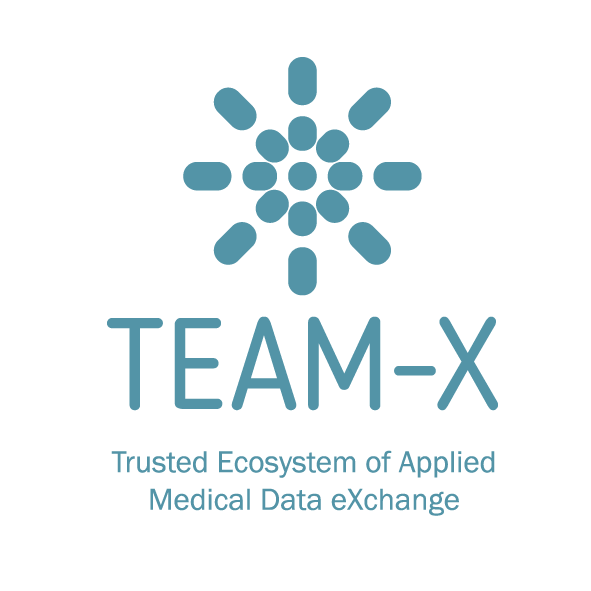Five questions for the Chair for Criminal Law at FAU – TEAM-X consortium partner
Why are you involved in TEAM-X as a consortium partner?
As holder of the Chair for Criminal Law, Criminal Procedure Law, Economic and Medical Criminal Law and as Director of the Research Center for Economic and Medical Criminal Law, I see in the project idea that Team-X is pursuing the best opportunities for the creation of secure data spaces for the management and dissemination of highly sensitive health information. As a lawyer, I am participating in this project because the storage, management and use of health data can always be associated with risks of violating personal and data protection rights. As a consortium partner, I therefore contribute to this project in order to prevent the realization of the aforementioned dangers by complying with legal requirements.
What is your task?
I see my task within the project as ensuring that what is technically feasible is reconciled with what is legally acceptable. By bringing the necessary legal expertise into the project work, the aim is to create information spaces and channels that conform to privacy and data protection law and serve the necessary establishment of practical concordance between technology and law.
What are the biggest challenges?
The greatest challenges arise from the task just described. Determining the legal requirements necessarily presupposes a detailed understanding of the technical processes. This makes interdisciplinary understanding indispensable, which is, however, made more difficult by the different language used by the individual disciplines. I see this as one of the main challenges within the project cooperation.
What are the benefits of a Gaia-X compliant data room?
In my view, a Gaia-X-compliant data room has the advantage of giving individuals sovereignty over their own health data, an advantage that cannot be overestimated in legal terms. The very idea of decentralized storage and management of health data, which enables the data owner to decide at any time on the purpose for which his/her health information is to be used, takes into account the constitutionally protected right to informational self-determination and is guided above all by the principles of data fairness and security. In addition, Gaia-X-compliant data rooms can also help in a simpler way to ensure that participation in medical research corresponds to data disclosure by the individual that is oriented toward informed consent. This demonstrates a key advantage over the EU Data Act, which provides for a virtually blanket transfer of anonymous health data to a federal agency for research purposes, detached from the will of the data holder.
What inspires you about Gaia-X?
What inspires me about Gaia-X is that it is a standard for a cloud infrastructure based on European values that can ensure orientation to the data protection requirements needed for this, especially in the form of data transparency and data security.

Julian Peters © Julian Peters/FAU 
Prof. Dr. Christian Jäger © Christian Jäger/FAU
